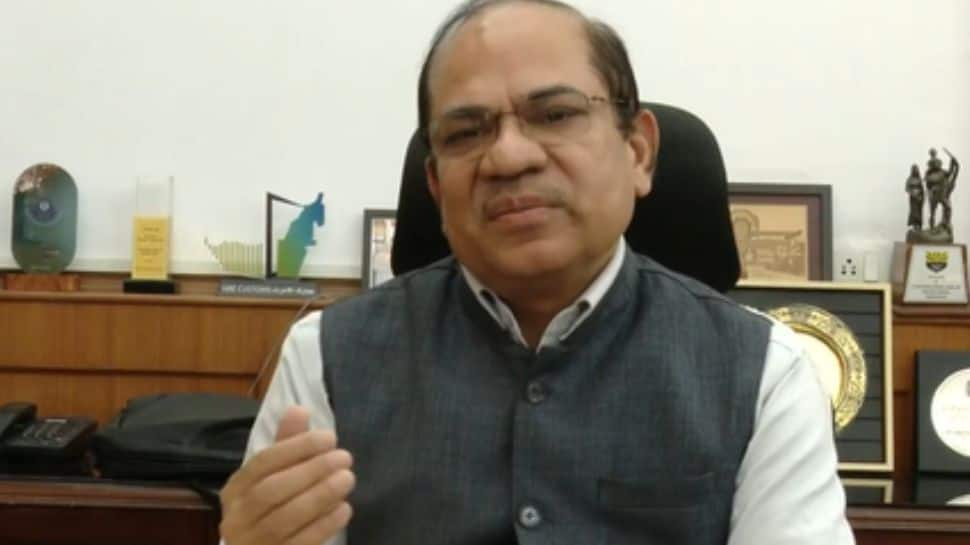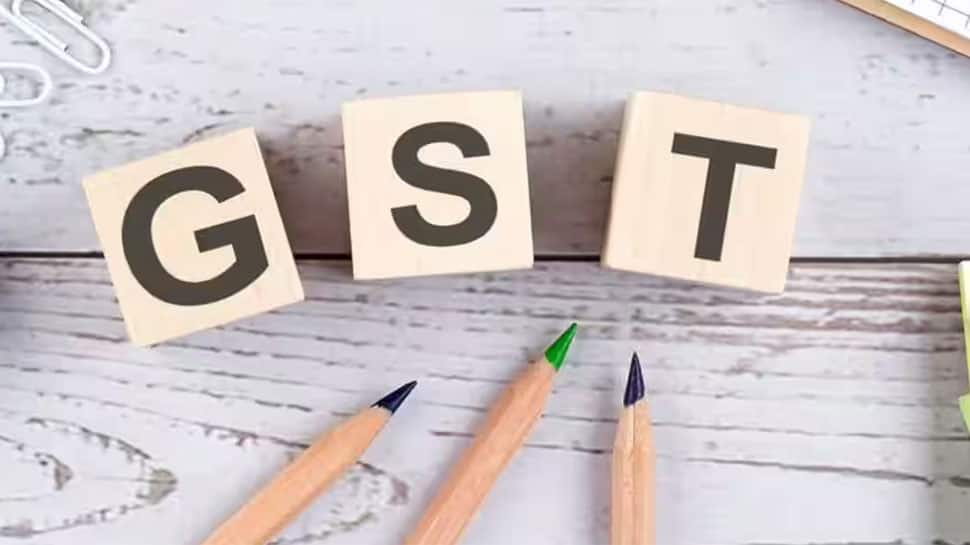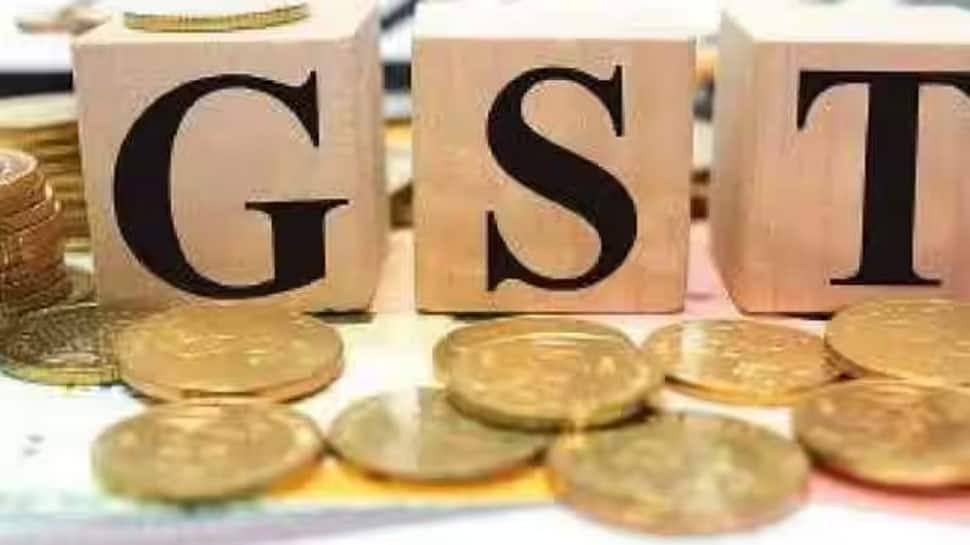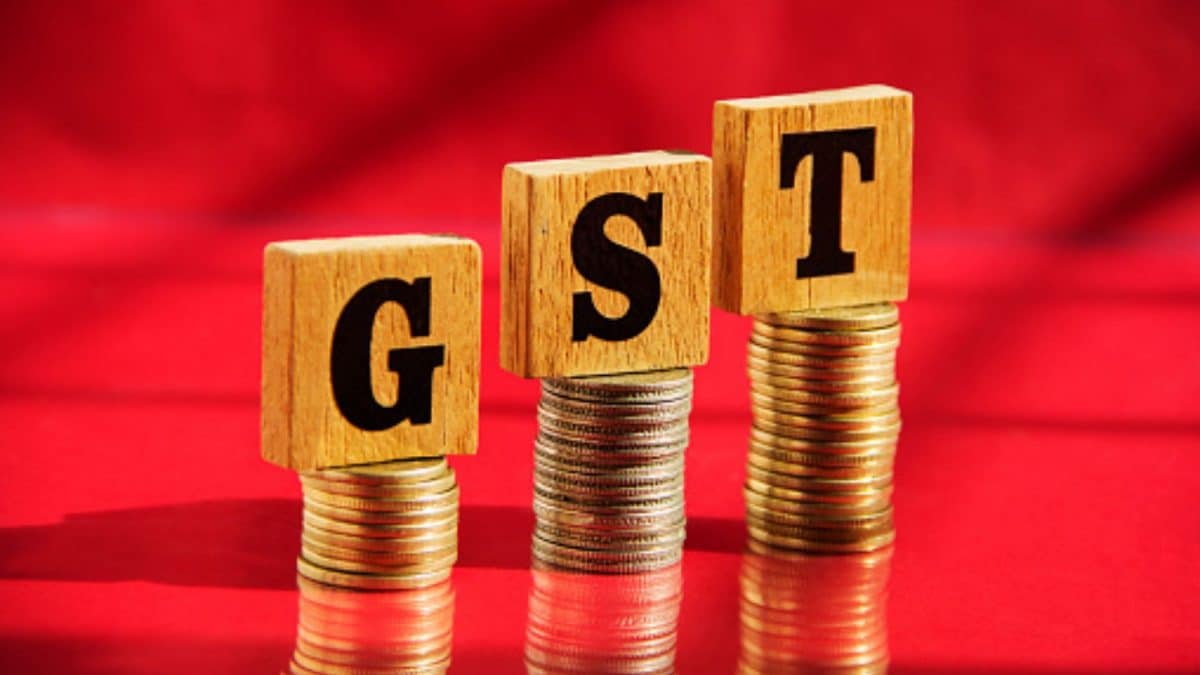Business
Big GST Boost: Fast-Track ITC Refunds In Just 7 Days For Verified Taxpayers, Says CBIC Chairman

New Delhi: The GST Council has approved major reforms to speed up refunds and ease compliance for businesses. According to Sanjay Kumar Agarwal, Chairman of the Central Board of Indirect Taxes and Customs (CBIC), identified and risk-evaluated taxpayers will now be able to receive GST refunds within seven days—without any officer’s intervention.
Speaking to IANS, Agarwal explained that since exports are treated as zero-rated supplies under GST, exporters typically claim refunds of accumulated input tax credit (ITC). “Under the new framework, refunds for such taxpayers can be processed automatically within a week,” he said.
Agarwal also highlighted that the GST registration process has been further simplified, particularly for small businesses and low-risk applicants. Companies estimating an input tax credit of less than Rs 2.5 lakh can now opt for a simplified registration, which will be granted automatically within three working days. Businesses can later shift to normal registration as they grow, based on risk analysis.
The Centre has also rationalised GST rates, scrapping the 12 percent and 28 percent slabs while retaining the 5 percent and 18 percent slabs to make the tax structure simpler.
In another major relief for e-commerce exporters, the GST Council has approved the Directorate General of Foreign Trade’s (DGFT) proposal to eliminate the value threshold for GST refunds on low-value consignments. Once the CGST Act, 2017, is amended, exporters will be able to claim refunds on shipments with payment of tax, regardless of the consignment value.
This long-awaited move is expected to greatly benefit small exporters, especially those using courier or postal channels, by simplifying procedures and boosting low-value e-commerce exports, the Commerce Ministry said.
Business
Budget eases PF, ESI deduction rules for employers, allows relief for delayed deposits – The Times of India

In a move expected to bring relief to employers and reduce routine tax disallowances, the finance bill has proposed a key change to the treatment of employees’ provident fund (PF), ESI and similar contributions, allowing deductions even where there is a delay in deposit, provided the amount is deposited by the employer entity with the relevant welfare fund authorities before the due date of its Income-tax return.At present, employers can claim deduction for employees’ PF and ESI contributions only if the amounts are deposited within the strict timelines prescribed under the respective welfare laws. Even a minor delay permanently disqualifies the expense for tax purposes, a position that had been settled by the Supreme Court (SC) after years of litigationUnder the proposed amendment to Section 29 of the Income-tax Act, 2025, the definition of “due date” for claiming deduction of employees’ contributions is set to be aligned with the due date for filing the income-tax return by the employer entity.Explaining the shift, Deepak Joshi, a SC advocate said employers are currently held to a rigid standard. “The law, as interpreted by the SC, meant that if employee contributions were not deposited within the due date under the relevant welfare fund laws, no deduction was allowed — even if the payment was made before filing the income-tax return,” he said.“The proposed amendment substitutes the definition of ‘due date’ to mean the due date of filing the income-tax return. The positive impact is that even if there is a slight delay in depositing employees’ contributions, so long as the amount is deposited before the return-filing deadline, the employer will be allowed the deduction,” Joshi added. Experts view the move as part of the government’s broader effort to soften compliance rigidities and reduce avoidable litigation.
Business
Free baby bundles sent to newborn parents but some miss out

Baby boxes are being delivered to expectant families in some of Wales’ most deprived areas.
Source link
Business
Investors suffer a big blow, Bitcoin price suddenly drops – SUCH TV

After the drop in gold price, Bitcoin price also fell.
Bitcoin fell below $77,000 in the global market, Bitcoin price fell by more than 13% in a week.
Bitcoin’s highest price in 6 months fell below $126,000, Bitcoin price has dropped by more than $49,000.
-

 Sports6 days ago
Sports6 days agoPSL 11: Local players’ category renewals unveiled ahead of auction
-

 Entertainment6 days ago
Entertainment6 days agoClaire Danes reveals how she reacted to pregnancy at 44
-

 Tech1 week ago
Tech1 week agoICE Asks Companies About ‘Ad Tech and Big Data’ Tools It Could Use in Investigations
-

 Business6 days ago
Business6 days agoBanking services disrupted as bank employees go on nationwide strike demanding five-day work week
-

 Fashion1 week ago
Fashion1 week agoSpain’s apparel imports up 7.10% in Jan-Oct as sourcing realigns
-

 Sports6 days ago
Sports6 days agoCollege football’s top 100 games of the 2025 season
-

 Politics1 week ago
Politics1 week agoFresh protests after man shot dead in Minneapolis operation
-

 Politics6 days ago
Politics6 days agoTrump vows to ‘de-escalate’ after Minneapolis shootings











